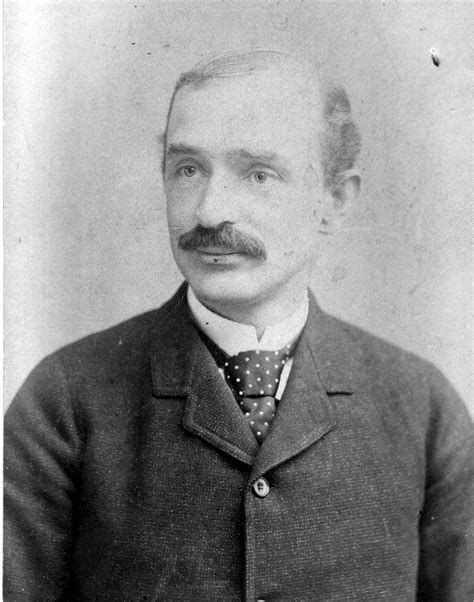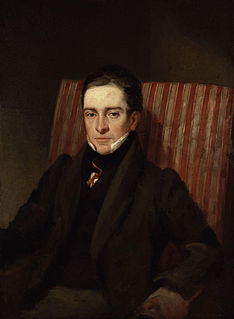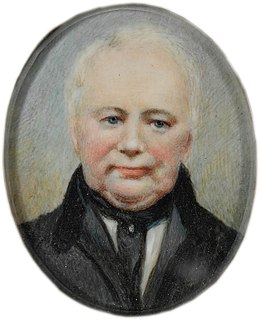A Quote by Alan Watts
There's an interdependence between flowers and bees. Where there are no flowers there are no bees, and where there are no bees, there are no flowers. They are really one organism. And so in the same way, everything in nature depends on everything else.
Quote Topics
Related Quotes
The number of humble-bees in any district depends in a great degree on the number of field-mice, which destroy their combs and nests; and Mr. H. Newman, who has long attended to the habits of humble-bees, ... says "Near villages and small towns I have found the nests of humble-bees more numerous than elsewhere, which I attribute to the number of cats that destroy the mice." Hence it is quite credible that the presence of a feline animal in large numbers in a district might determine, through the intervention first of mice and then of bees, the frequency of certain flowers in that district!
The honey in the flower or lotus does not crave for bees; they do not plead with the bees to come. Since they have tasted the sweetness, they themselves search for the flowers and rush in. They come because of the attachment between themselves and sweetness. So, too, is the relationship between the woman who knows the limits and the respect she evokes.
When I heard that the bees were in trouble, the fact that they're disappearing and not coming back to the hive, which is a big issue, since a third of the food we eat comes from plants, I figured you couldn't tell the story of the bees without the story of the flowers and how they basically have evolved together for over 150 years.
... store of bees, in a dry and warme bee-house, comely made of fir boards, to sing, and sit, and feede upon your flowers and sprouts, make a pleasant noyse and sight. For cleanly and innocent bees, of all other things, love and become, and thrive in your orchard. If they thrive (as they must needs if your gardiner be skilfull, and love them: for they love their friends and hate none
but their enemies) they will besides the pleasure, yeeld great profit, to pay him his wages; yea the increase of twenty stock of stools with other bees, will keep your orchard.










































